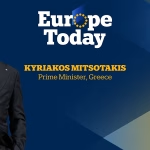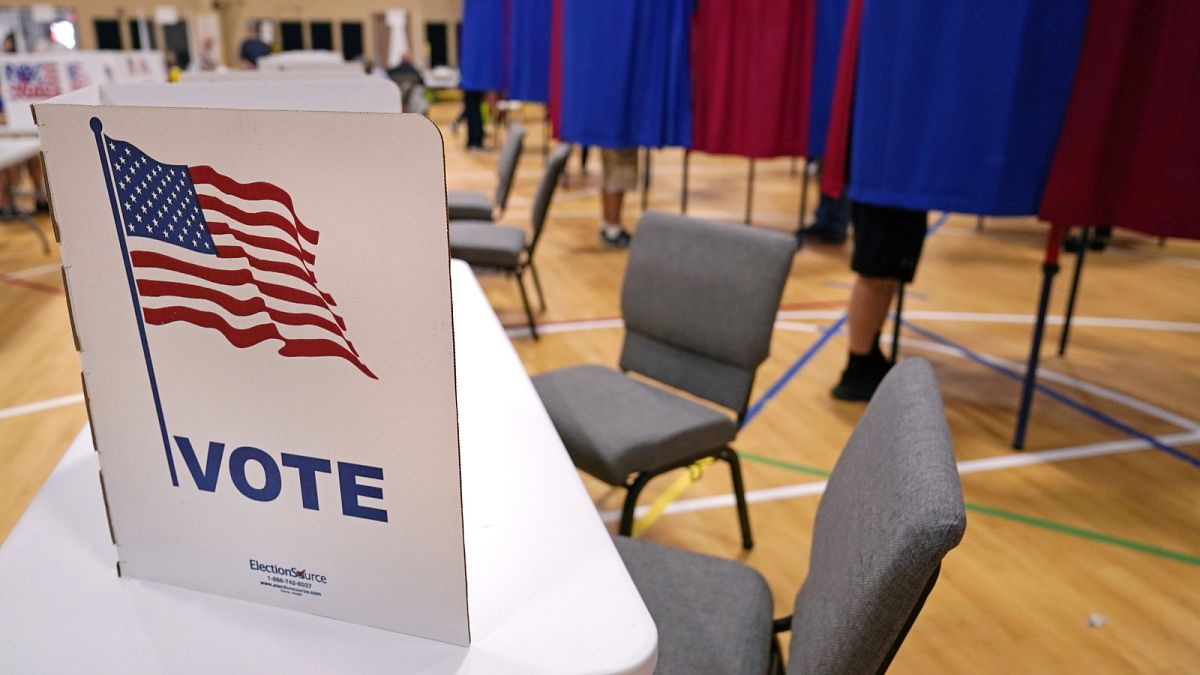Pressure groups, also known as PACs, with ties to European corporations are making significant financial contributions to US electoral campaigns. According to data provided by non-profit Open Secrets, European companies have indirectly channeled around $14.3 million (€13.2 million) into American elections during the current voting cycle. The majority of these funds, approximately 56%, went towards Republican campaigns, while the remaining 44% went to Democrats. Foreign companies are prohibited from directly contributing to US campaigns, but they can use their American subsidiaries to establish PACs, which collect money from American employees and then channel it into election campaigns, mainly focusing on congressional candidates. PACs have been a longstanding feature of US campaign financing, with the ability to spend unlimited funds on advertising that supports parties and candidates.
A total of 143 companies based in 13 European countries, including 10 EU member states, have invested money in American elections through PACs. Some of the largest contributions during this electoral cycle came from companies such as Swiss investment bank UBS, German telecoms company T-Mobile, and British defense firm BAE Systems. According to Sarah Bryner from Open Secrets, PACs are a crucial lobbying tool for companies based in Europe or other countries that operate in the US market. While PACs are not powerful enough to directly influence election results, they play a role in shaping policy-making by supporting politicians who can help advance their interests. These European-connected PACs typically contribute fairly equally to both Democratic and Republican campaigns, with a slightly higher share going towards Republican candidates.
Despite the financial contributions from European-connected PACs, their impact is relatively minor compared to the overall funding of US political campaigns. The 2024 House, Senate, and presidential elections generated approximately $8.6 billion (€7.9 billion) in campaign funds between January 2023 and April 2024. Billionaire donors are becoming increasingly influential in shaping electoral outcomes, with a 2010 Supreme Court ruling allowing outside groups to spend unlimited amounts of money on campaigns leading to the rise of “super PACs”. These super PACs, although unable to donate directly to candidates, have the ability to significantly influence campaigns through advertising and social media, raising questions about the legality of their methods.
The controversy surrounding foreign funding and the influence of super PACs highlights the evolving landscape of campaign financing in the US. Recently, the Philadelphia district attorney’s office filed a lawsuit against Elon Musk’s pro-Trump super PAC for a controversial $1 million (€925,000) daily giveaway targeting registered voters in swing states. This case underscores the challenges posed by outside groups pouring large sums of money into US elections, raising concerns about the integrity of the electoral process and the role of money in politics. As the influence of super PACs continues to grow, the need for transparency and accountability in campaign financing becomes increasingly important to safeguard the democratic process and prevent undue influence from special interest groups.
In conclusion, the involvement of European-connected PACs in US electoral campaigns highlights the complex interplay between international business interests and domestic politics. While these PACs play a role in shaping policy-making and securing access to politicians for European companies operating in the US market, their financial contributions are relatively small compared to the overall campaign funds raised. The rise of super PACs, fueled by wealthy donors and outside groups, has further complicated the landscape of campaign financing, leading to questions about accountability and transparency in the electoral process. As foreign funding and super PACs continue to influence US elections, there is a pressing need for comprehensive campaign finance reform to ensure that the democratic principles of fair representation and integrity are upheld.









